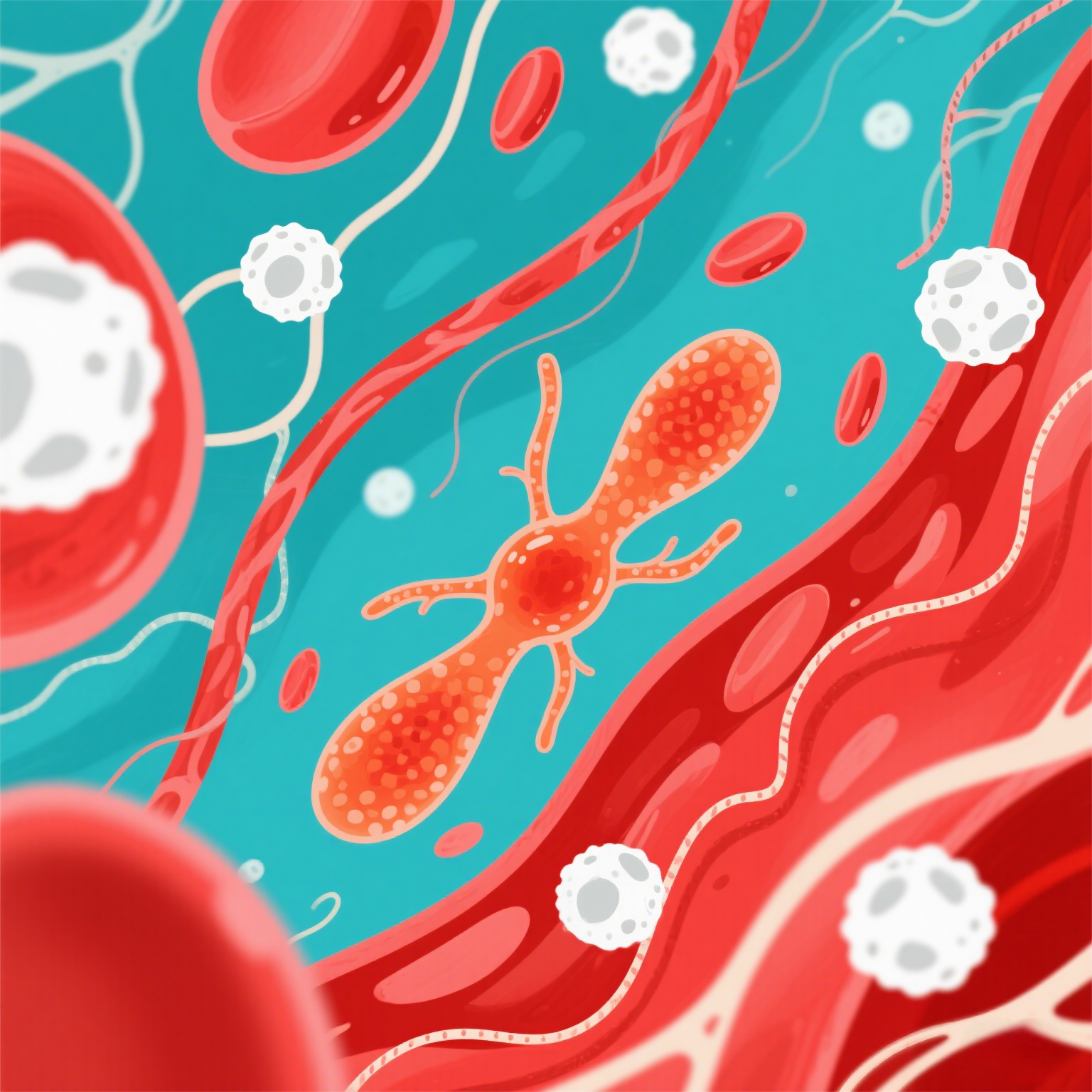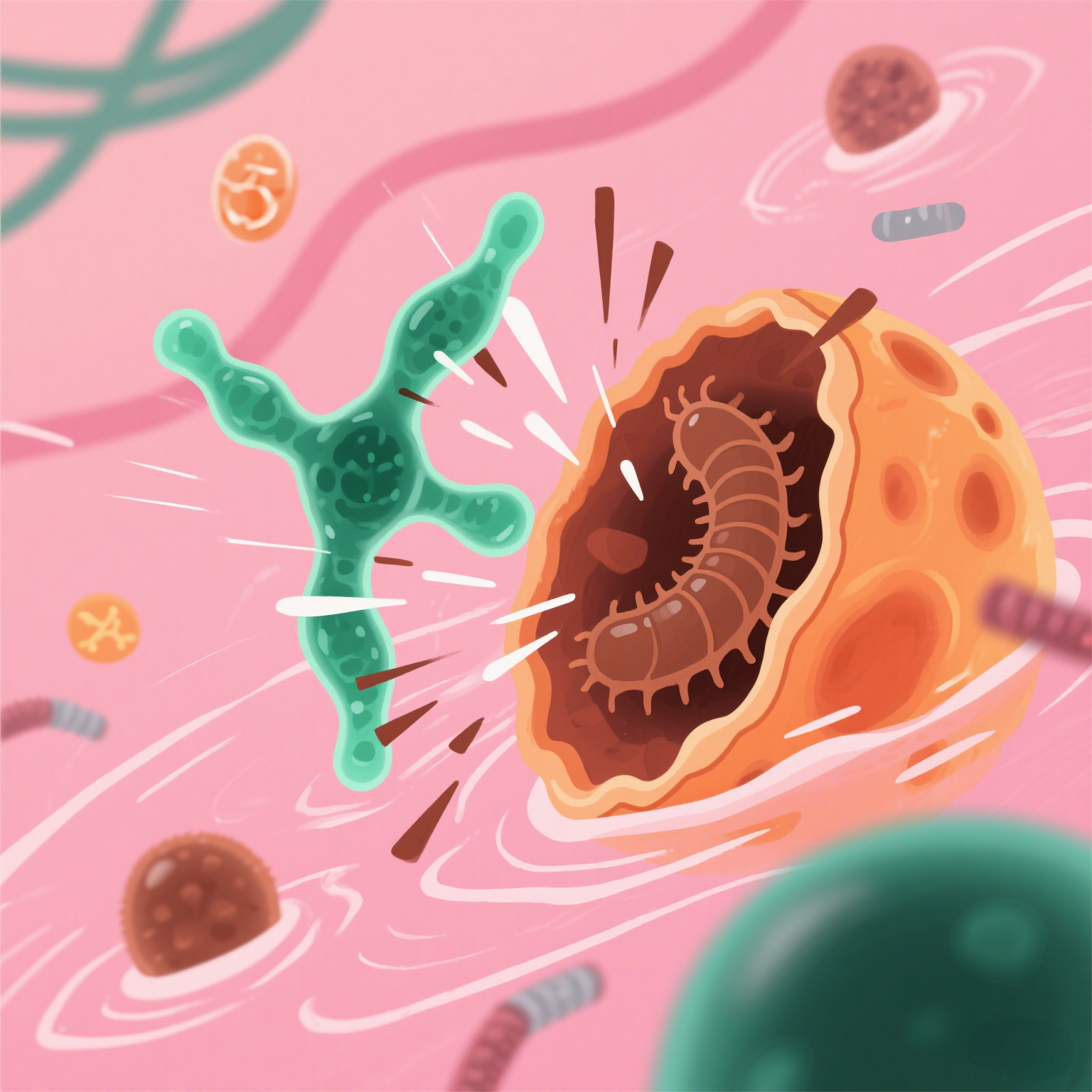
The InVivoPro Anti-Mouse CD8α in vivo antibody, Clone 2.43 has become a cornerstone in preclinical immunology research, offering researchers a precise and reliable tool to manipulate and study CD8⁺ T cells, the key cytotoxic effectors of the adaptive immune system. CD8⁺ T cells play a crucial role in recognizing and eliminating virus - infected cells, tumor cells, and contributing to transplant rejection responses. Clone 2.43, developed by BioXCell, is designed to specifically target the CD8α molecule on mouse CD8⁺ T cells with high affinity and specificity, enabling in - depth investigation of CD8⁺ T - cell functions in various disease models.
Derived from a rat IgG2b clone, the InVivoPro Anti - Mouse CD8α antibody is produced in animal - free facilities, ensuring strict quality control with ultra - low endotoxin levels (< 1 EU/mg) and high purity (> 95%). Its mechanism of action is centered around binding to CD8α, which can be used for multiple purposes. One of the primary applications is CD8⁺ T - cell depletion. By binding to CD8α on CD8⁺ T cells, the antibody can trigger antibody - dependent cellular cytotoxicity (ADCC) or complement - dependent cytotoxicity (CDC), effectively removing CD8⁺ T cells from the circulation and tissues. This depletion strategy allows researchers to study the impact of CD8⁺ T cells on immune responses, disease progression, and the efficacy of other immunotherapeutic approaches.
In preclinical cancer research, Clone 2.43 has been extensively utilized to explore the role of CD8⁺ T cells in tumor immunity. CD8⁺ T cells are considered the "immune warriors" against cancer, as they can directly kill tumor cells by recognizing tumor - associated antigens presented on the major histocompatibility complex class I (MHC - I). Using the 2.43 antibody to deplete CD8⁺ T cells in murine tumor models has revealed that these cells are essential for tumor surveillance and the control of tumor growth. In models of melanoma, colorectal cancer, and lung cancer, CD8⁺ T - cell depletion often leads to accelerated tumor progression, highlighting the critical anti - tumor role of these cells. Conversely, strategies that enhance CD8⁺ T - cell function, in combination with the use of Clone 2.43 for research purposes, have shown promise in improving cancer immunotherapy outcomes. For example, studies have investigated how depleting CD8⁺ T cells at different stages of tumor development affects the response to immune checkpoint blockade therapies, providing valuable insights into optimizing treatment regimens.
In infectious disease research, Clone 2.43 is equally important. CD8⁺ T cells are vital for controlling viral infections, such as those caused by influenza virus, herpes simplex virus, and murine leukemia virus. By depleting CD8⁺ T cells with the 2.43 antibody, researchers can assess the contribution of these cells to viral clearance, immune memory formation, and the development of immunopathologies associated with infections. This helps in understanding the complex interplay between the host immune response and pathogens, and can guide the development of more effective vaccines and antiviral therapies.
The experimental validation of InVivoPro Anti - Mouse CD8α antibody, Clone 2.43, is comprehensive. Flow cytometry is the gold - standard method for confirming its binding specificity to CD8⁺ T cells and for quantifying the degree of CD8⁺ T - cell depletion after antibody treatment. Immunohistochemistry can also be used to visualize the distribution of CD8⁺ T cells in tissues before and after antibody administration, providing spatial information about their role in disease processes. Pharmacokinetic studies have determined the optimal dosing and administration schedules for different experimental setups, with a typical regimen involving intraperitoneal injection of 200 - 500 μg/mouse, administered multiple times as required by the study design.
Compared to other CD8α - targeting antibodies, Clone 2.43 offers several distinct advantages. Its high specificity ensures that only CD8⁺ T cells are targeted, minimizing off - target effects that could confound experimental results. The low immunogenicity of the antibody in mice allows for repeated administrations without inducing significant anti - antibody responses, enabling long - term studies. Additionally, the availability of the antibody in various quantities makes it suitable for both small - scale proof - of - concept studies and large - scale preclinical trials.
In conclusion, the InVivoPro Anti - Mouse CD8α in vivo antibody, Clone 2.43, is an invaluable asset in preclinical research. It has significantly advanced our understanding of CD8⁺ T - cell biology in the context of cancer, infectious diseases, and other immune - related disorders. As the field of immunology continues to evolve, Clone 2.43 will remain an essential tool for developing novel immunotherapeutic strategies and unravelling the intricate mechanisms of the immune system.



